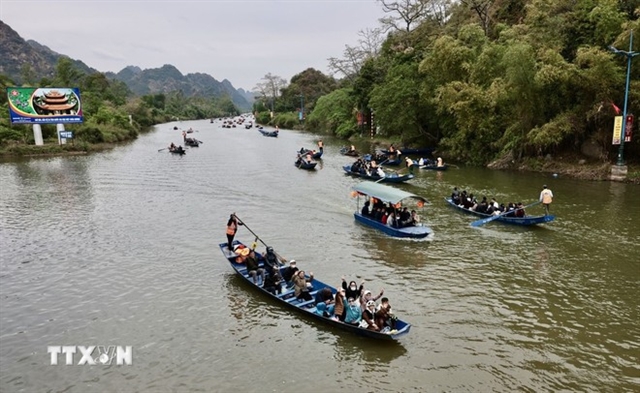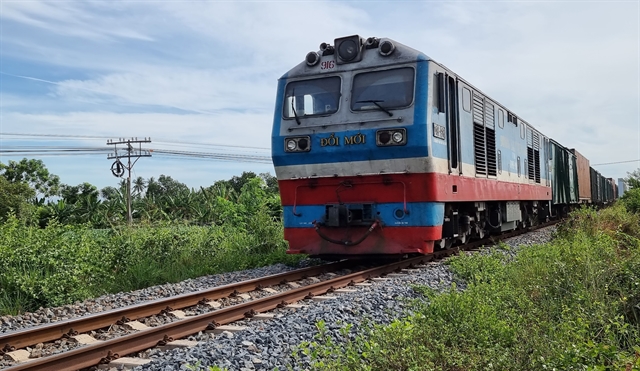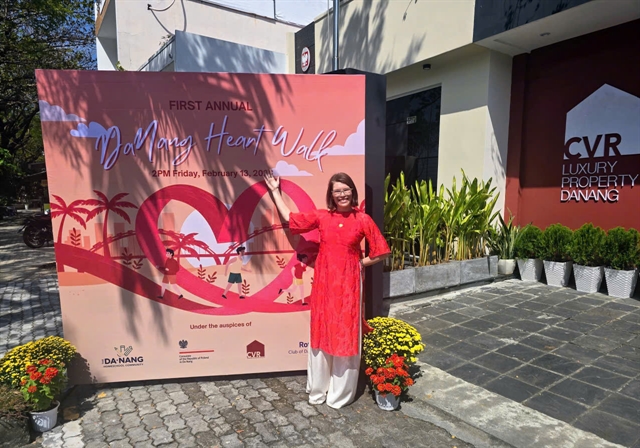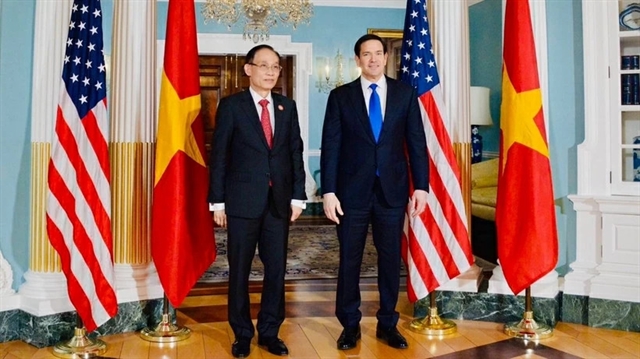 Politics & Law
Politics & Law
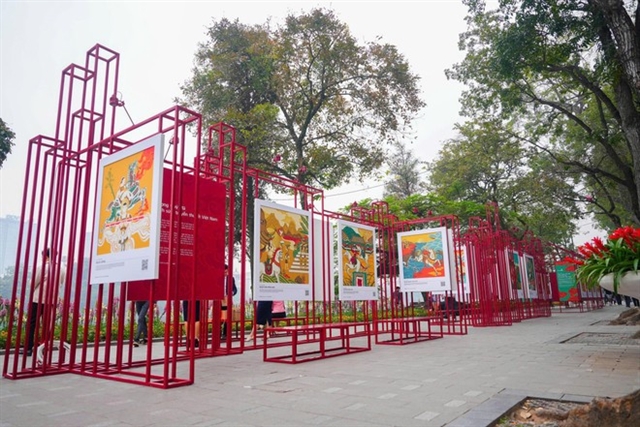
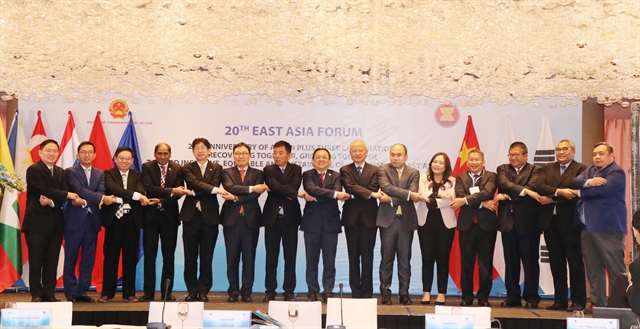 |
| Delegates take a group photo on the sidelines of the meeting. —VNA/VNS Photo |
KHÁNH HÒA — The 20th East Asia Forum (EAF-20) opened in Nha Trang city, the south central province of Khánh Hòa on Monday.
Speaking at the event, acting head of SOM ASEAN Vietnam Ambassador Vũ Hồ highlighted the significance of the EAF-20 on the occasion of the 25th founding anniversary of ASEAN+3 (China, Japan and the Republic of Korea).
He said the cooperation process between ASEAN and three Northeast Asian countries, which started in 1997, had become one of the most comprehensive, dynamic and effective cooperation frameworks of the bloc, making positive contributions to peace, security and development in East Asia.
Permanent Vice Chairman of the provincial People's Committee Lê Hữu Hoàng wished that via the event, delegates would understand more about the province’s strengths and potential to connect it with localities in ASEAN, China, Japan and the RoK, thus achieving inclusive, even and sustainable development as the theme of the forum.
Deputy Foreign Minister and head of the RoK SOM Choi Young-sam, for his part, vowed to continue working closely with ASEAN, China and Japan to further promote ASEAN+3 cooperation. He suggested giving priority to trade cooperation, financial stability, support for small and medium-sized enterprises, capacity building for health resilience, digital transformation, response to climate change, and promotion of even and sustainable development.
Ambassador Cui Tiankai, head of the Chinese delegation, affirmed that China always treasured and pledged to promote the ASEAN+3 framework - the driving force of growth in East Asia. He asked ASEAN+3 countries to continue upholding the spirit of solidarity and cooperation for mutual benefit and trust, and focus on practical and effective cooperation while maintaining an environment of peace and stability, facilitating recovery and development, expanding inclusive cooperation, promoting multilateralism and trade liberalisation, and accelerating innovation, digital and green transformation.
On the occasion, he announced that China would host the EAF-21 next year.
Meanwhile, Japanese Ambassador to ASEAN and head of the Japanese delegation Kiya Masahiko proposed joint work in priority areas stated in the ASEAN Outlook on the Indo-Pacific (AOIP), including maritime cooperation, high-quality infrastructure connectivity and development, people-to-people exchange, public health, sustainable agriculture development, food security, climate change response, and fulfilment of sustainable development goals.
In his speech, ASEAN Deputy Secretary-General Trần Đức Bình suggested in the near future, ASEAN coordinate with China, Japan and the RoK to strengthen and further uphold the role of cooperation mechanisms within the ASEAN+3 framework, thus making effective contributions to maintaining peace and stability in the region.
He proposed stepping up economic, trade and financial cooperation as a lever to propel recovery and inclusive growth, towards sustainable development while giving priority to consolidating regional health capacity, especially in research, development and production of vaccines.
Results of discussions at the two-day event will be submitted to senior officials of ASEAN+3 countries to set specific orientations and measures to further deepen ASEAN+3 cooperation in the new period. — VNS

